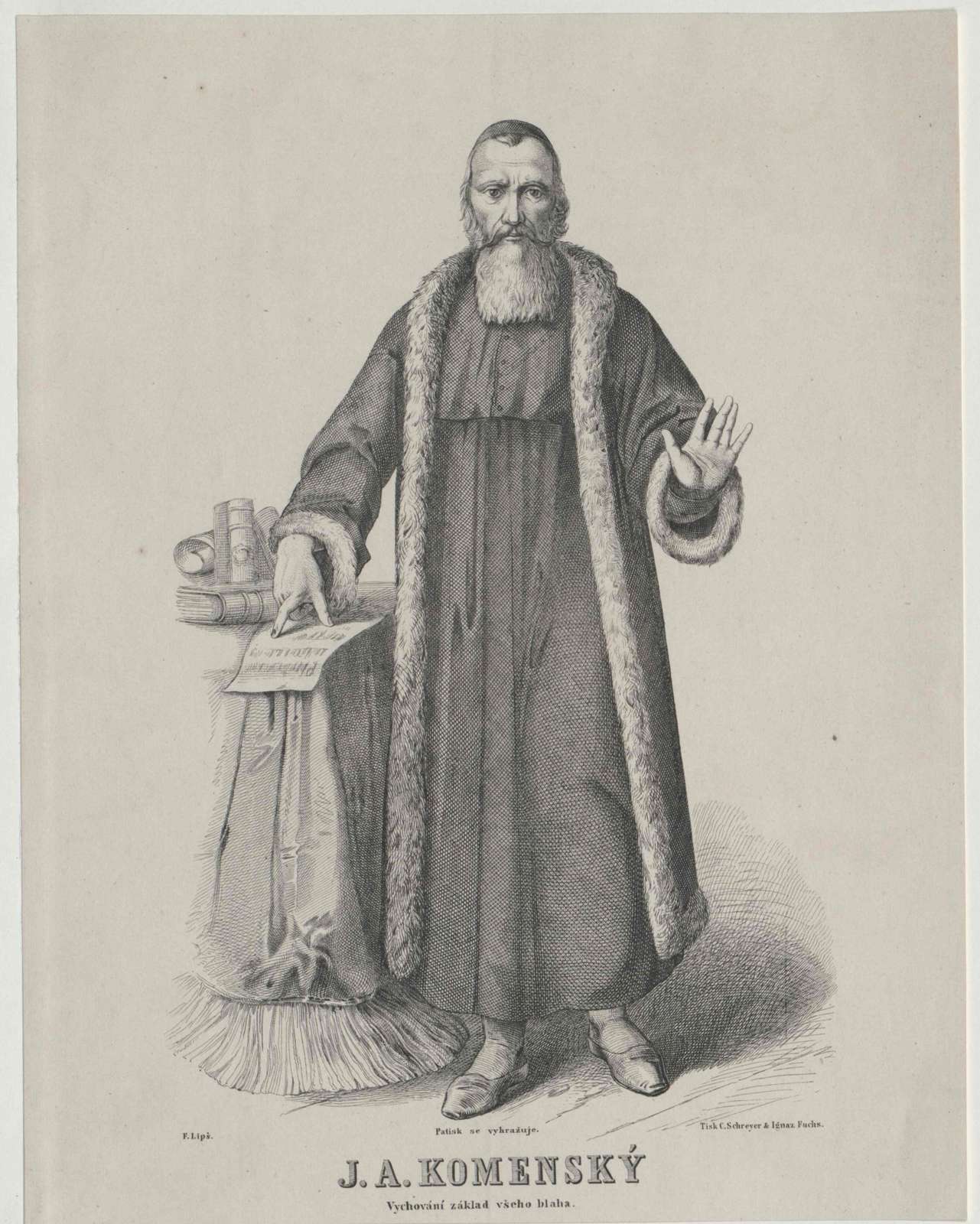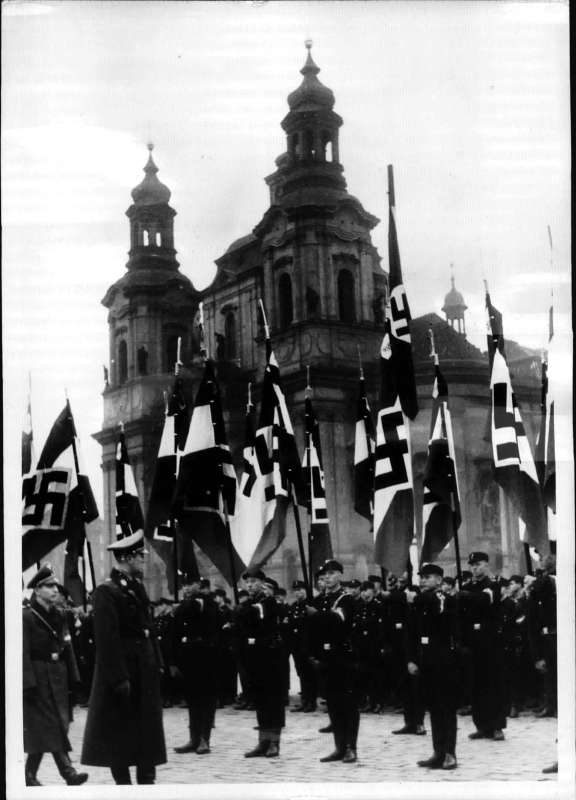Vera Bezecná
1938 was a year of great suffering for our whole family …
Věra Bezecná was born a member of the Czech minority in Vienna on 18th February 1922. Her father, Eduard Vencl, was a co-founder of the Czech school system in Vienna and a professor at a Czech middle school of the Komenský-Association.
The "Anschluss" [1] of Austria heralded the beginning of the persecution of the Czech minority. Attacks on individuals, restaurants, shops and schools were part of daily life. Employees of the public services had to remove their children from the Czech schools if they wanted to keep their jobs. The Czech school system was destroyed and the majority of Czech associations and institutions was dissolved. Věra Bezecná's father was also dismissed from the teaching service.
At the end of the 19th century, during the Austro-Hungarian monarchy, my grandparents Josef Vencl and Marie, née Fischer, came to Vienna from Bohemia in order to settle there as workers. My father Eduard, born in Vienna on 10th February 1890, one of four children, graduated from the University of Vienna. He served at the front as an Austrian officer during the First World War, where he was badly injured.
In 1919, after the establishment of the school association Komenský, he worked there as a middle school teacher. He stopped working there in 1938, when the provisional director Dr. Appelt refused to grant the extension of his contract. […] At that time, my father was given a warning and he was strongly advised to leave the "Ostmark" as quickly as possible. Due to the tense situation at the time, he was issued with a Czechoslovakian passport – until this time he had been an Austrian citizen since birth. The passport was supposed to protect him from being imprisoned. Czechoslovakia, as it existed at the time, was the sole receiving country. He was not able to flee to the USA or to any other country. My father belonged to the elite of the Viennese Czechs – their imprisonment was even reported in the British press in 1938.
My mother, Marie Vencl, née Führing, and I had to remain in Vienna at her parents' apartment, until my mother succeeded in obtaining the emigration approval from the Nazi authorities. […] In the Protectorate [2], I was not able to study and during the Second World War our whole family was banned from entering the "Ostmark", which was particularly tough for our family because my aged grandparents lived there. They lived in the ruins of Vienna and were not allowed to go to their daughter in Prague, who was a member of the Protectorate.
1938 was a year of great suffering for our whole family …
At the end of the Second World War, there was not democracy in the ČSR until 1948, but then there was a new dictatorship and my mother wasn't even allowed to go to her parents' funerals in Vienna. I studied law at the Charles University of Prague, but the Communist putsch saw students sent to prison and now, after more than 60 years, I can say with pride that I was in the Ruzynĕ prison like the Czech president Havel.
Excerpt from a letter written by Dr. Věra Bezecná:
I would like to express my thanks for this additional payment [from the National Fund]. At the same time, I would also like to express my great warmth towards my former homeland, which I had to leave in 1938 and to which I have never lost my connection. Since then, I have been living in the Czech Republic, and the unifying Europe helps me to overcome my feelings of dividedness.
First publication of this article in: Renate S. Meissner on behalf of the National Fund (Ed.): Lives Remembered. Life Stories of Victims of National Socialism. Vienna, 2010, pages 166-167.



